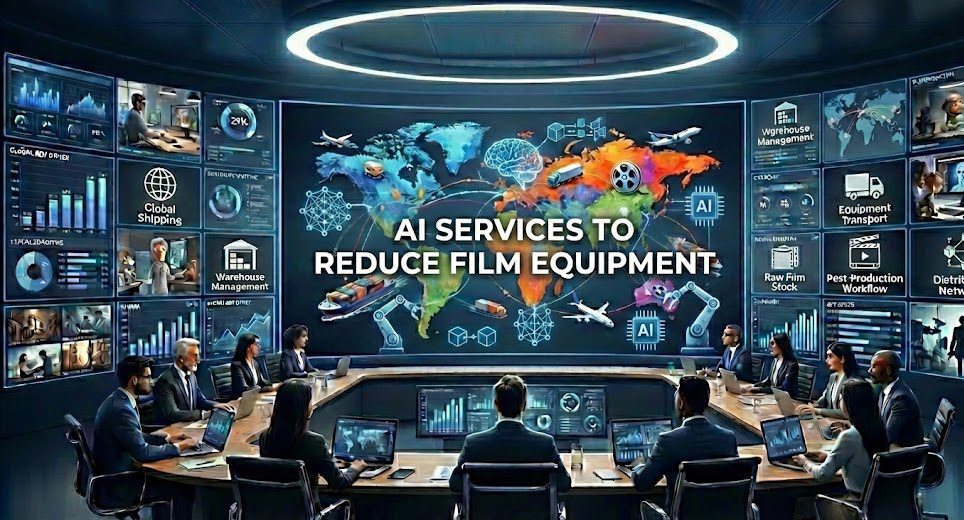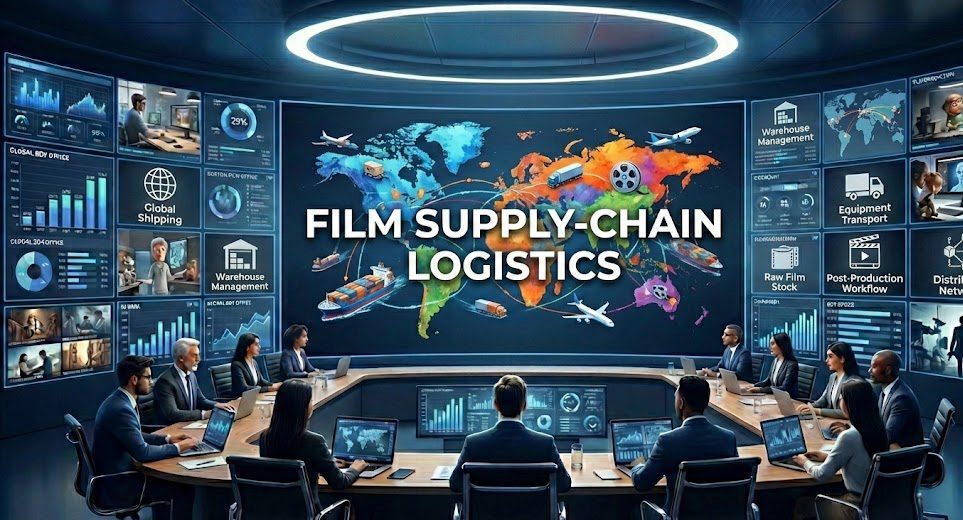Introduction
ESPN+ has rapidly positioned itself as a powerhouse in the sports streaming industry, offering an extensive range of live sports, original productions, and exclusive documentaries. As sports streaming continues to grow, securing high-quality content has become critical for platforms looking to capture and retain audiences.
The ESPN+ content acquisition strategy plays a crucial role in its success, balancing major sports league partnerships with niche sports rights, original productions, and pay-per-view events. However, acquiring and managing content at this scale comes with challenges such as rising costs, fierce competition, and regional licensing complexities.
Find the Right Partners for Your Sports Content

ESPN+ Content Acquisition Strategy
ESPN+ has emerged as a dominant player in the sports streaming industry, offering an extensive catalog of live sports, original series, and exclusive documentaries. Content acquisition is a key pillar of its growth strategy, enabling it to compete with traditional sports networks and digital-first platforms.
The platform primarily secures content through:
- Direct Licensing: Long-term agreements with leagues such as the NHL, UFC, and LaLiga.
- Co-Production Deals: Collaborations with media companies to produce original sports documentaries and analysis shows.
- In-House Productions: Creating exclusive content like “Peyton’s Places” and “Man in the Arena.”
- Event-Based Rights: Securing short-term or seasonal broadcasting rights for tournaments like the FA Cup.
By leveraging Disney’s vast network and its own strong brand presence, ESPN+ continues to expand its global and regional sports coverage.
Key Categories of ESPN+ Content
ESPN+ focuses on diverse sports programming, ensuring it caters to various audience segments. Its content categories include:
1. Live Sports Streaming
The core of ESPN+ lies in live event streaming, featuring:
- International Leagues: LaLiga, Bundesliga, and Serie A.
- US College Sports: NCAA games, including basketball and football.
- Combat Sports: Exclusive UFC Fight Night events.
- Niche Sports: Lacrosse, cricket, and rugby events.
2. Original Productions & Documentaries
ESPN+ has gained significant traction through exclusive sports storytelling, such as:
- “30 for 30” Documentaries – Deep dives into historic sports moments.
- “Man in the Arena“ – A Tom Brady-led docuseries.
- “Detail” by Kobe Bryant – In-depth game breakdowns by sports legends.
3. Sports Analysis & Talk Shows
ESPN+ offers premium analysis and debates with exclusive talk shows like:
- “Peyton’s Places” – A unique look at NFL history.
- “The Fantasy Show“ – Fantasy sports insights and predictions.
4. Pay-Per-View Events
While ESPN+ follows a subscription model, high-profile UFC fights and boxing matches operate on a PPV basis, bringing in additional revenue streams.
Challenges in Content Acquisition for ESPN+
Despite its strengths, ESPN+ faces multiple hurdles in securing and expanding its content library:
- Rising Content Costs: Premium rights, especially for global events, are becoming more expensive.
- Competition from Rivals: DAZN, Amazon Prime Video, and Apple TV are aggressively bidding for sports rights.
- Regional Licensing Complexities: International content deals often involve multi-layered negotiations with regulatory hurdles.
- Balancing Live & On-Demand Content: Ensuring a steady mix of live events and evergreen content is a constant challenge.
By strategically navigating these issues, ESPN+ maintains its dominance in the sports streaming sector.
Track ESPN+ and Other Leading Platforms

Opportunities for Content Providers
For studios, production houses, and rights holders, ESPN+ presents vast collaboration potential:
- Original Content Development: ESPN+ actively seeks fresh storytelling formats and sports documentaries.
- Niche Sports Deals: Sports with loyal fanbases but limited mainstream exposure (e.g., MMA, rugby) are prime targets.
- International Partnerships: Broadcasters in emerging markets can collaborate with ESPN+ for distribution agreements.
- Tech-Driven Content: Innovations like AR/VR-enhanced sports experiences could become key differentiators.
By aligning with ESPN+’s strategic needs, content providers can unlock new monetization channels.
How Vitrina Can Help Content Providers
Vitrina empowers content producers, distributors, and rights holders by simplifying their access to platforms like ESPN+. Our advanced Global Film+TV Projects Tracker and business intelligence solutions help entertainment businesses:
- Identify Key Decision-Makers – Find the right executives at ESPN+ responsible for content acquisitions.
- Track Content Trends – Gain insights into the type of content ESPN+ is investing in.
- Facilitate Outreach – Use Vitrina’s verified contact database to pitch projects effectively.
- Competitive Intelligence – Monitor ESPN+’s competitors and understand their content strategies.
Whether you are a sports content creator, distributor, or production house, Vitrina helps you make informed, data-driven decisions to maximize partnership opportunities.
Conclusion
ESPN+ has built a compelling sports streaming service by strategically acquiring live sports, original productions, and niche sports content. Despite challenges such as escalating costs and competition, its strong partnerships and tech-driven innovations help it stay ahead. For content providers, ESPN+ offers lucrative opportunities in licensing, co-production, and international syndication.
By leveraging Vitrina, entertainment businesses can streamline their search for opportunities, connect with key decision-makers, and stay ahead in the evolving sports media landscape.
Frequently Asked Questions
ESPN+ acquires content through licensing deals, in-house productions, and co-production agreements with rights holders.
Yes, ESPN+ collaborates with independent creators for documentaries, original series, and niche sports coverage.
Key challenges include rising content costs, fierce competition, and regional licensing complexities.

































